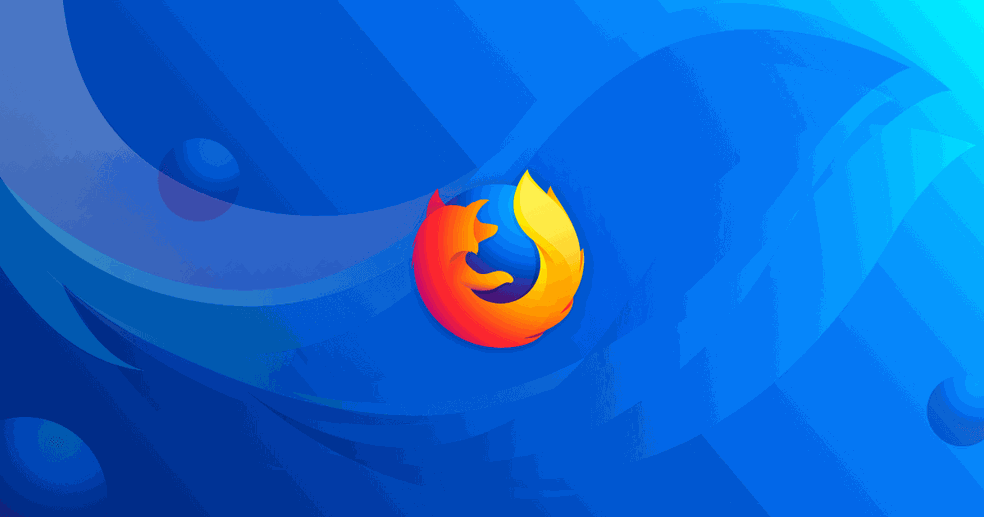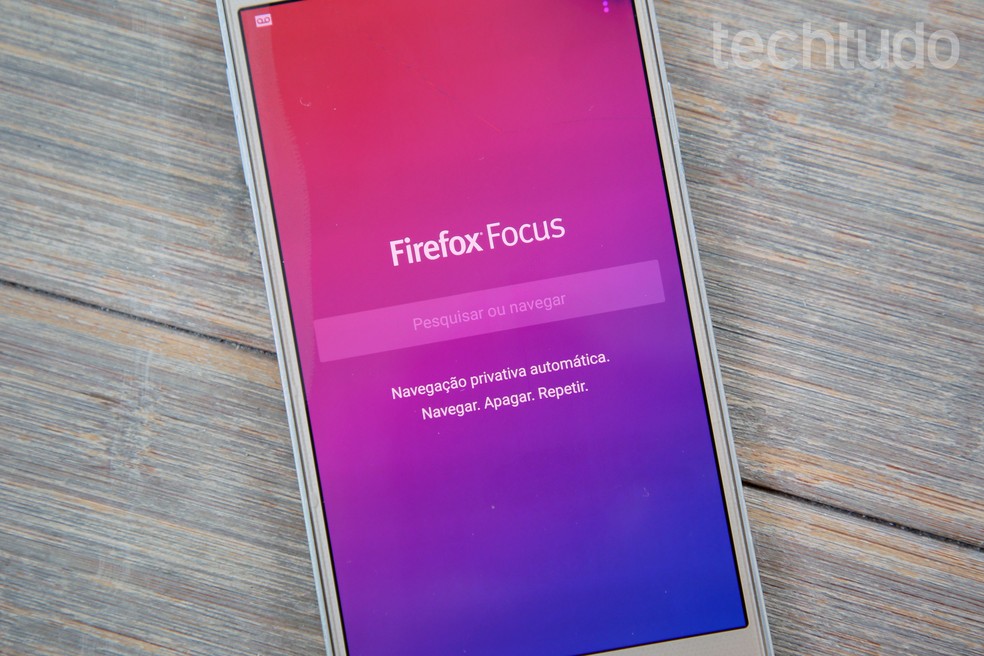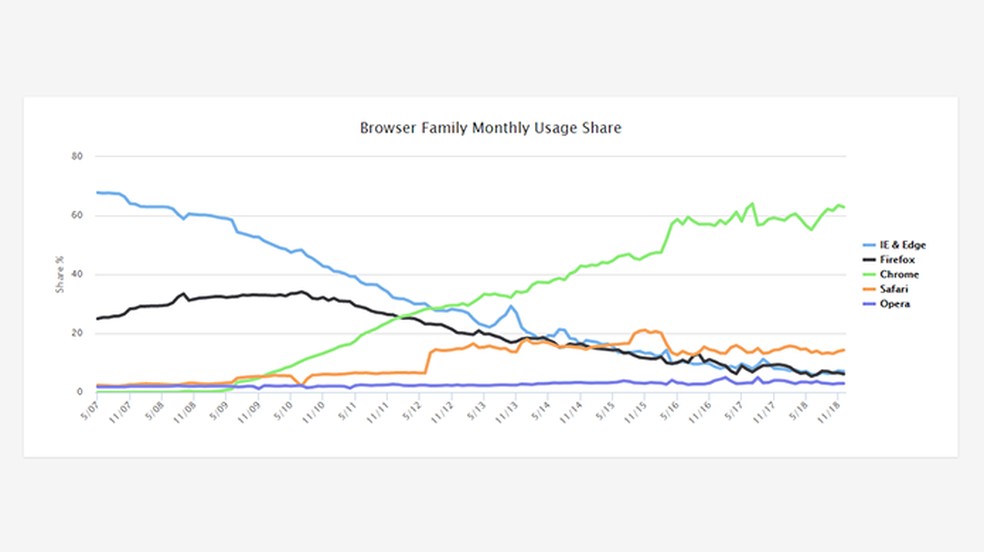Firefox, one of the world's leading browsers, has amassed a number of interesting curiosities throughout its 17 years of life. The most recent of these is the discovery of a porn site filter in the most popular browser-accessed portals section, which has recently gained repercussions. In practice, the function hides the "18+" sites that the user usually sees and prevents anyone from discovering this habit easily.
Firefox was launched in 2002 as a project derived from Netscape code. Since then, it has won 64 different versions with improved features, performance and design, remaining among users' favorites alongside rivals like Google Chrome. Here are five little known facts about the Mozilla program.
What Mozilla Firefox ESR? Understand more about the verse

Firefox browser has curious facts; See you in the following list Photo: Marvin Costa / dnetc
Want to buy a cell phone, TV and other discounted products? Meet the Compare dnetc
1. Porn sites do not appear in the most accessed section
Since 2014, the browser has prevented adult sites from displaying on the home screen. This means that even if a site like Pornhub, for example, is frequently accessed, it does not appear among those suggested when opening a new tab in Firefox. The subject, however, had never been addressed by Mozilla: there was no announcement of a supposed function of privacy, for example. The subject gained popularity last week when a Reddit forum user noticed the function.
Users may think that the purpose of the filter would be to avoid embarrassing workplace situations, public spaces or when sharing the computer with someone. According to developer Kevin Ghim, however, the reasons are commercial. The feature was originally created as a means of attracting sponsors to the shortcuts of popular websites on the home screen. The idea was to offer a solution so that brands would not have their image vying for space with pornography. Advertising sales on this model later did not take off, but the adult content filter remained.

Screen with most visited websites does not display adult links Photo: Divulgao / Mozilla
2. Advertising Experiments
Although not for profit, Mozilla has been trying to find a way to monetize Firefox, as the example above demonstrates. The most common way is through advertisements, which have already appeared on new tab screens, menus and other areas of the browser. However, never at all: advertising links come up for a while for some users, and then disappear.
According to Mozilla, ads are experiments and rewards for using the browser. The truth is that the community has never accepted the existence of banners and promotional links in the program, which is known to be one of the most adopted by free software users, besides standard in Linux distributions.

Firefox may show ads to some users Photo: Playback / VentureBeat
3. Mascot comes from a panda type
Although the name Firefox (fire fox) indicates otherwise, the browser mascot is not necessarily a fox. Mozilla never went into detail about it, but the illustration that appears on the program's logo can also be understood as a Red Panda, an animal known by the name of Firefox.
Debt around the logo has been around for a long time, but at least since 2014, Mozilla has been saying that panda, too, is one of the company's mascots. In the discussion forums, the consensus that the name originates in the panda, but the cone is a fox. For now, however, there is no official answer.

Firefox mascot could be fox or red panda Photo: Divulgao / Mozilla
Firefox was released as a derivative of Netscape and was slowly gaining fame for privacy features, including "Do Not Track." As issues involving personal data became more sensitive to the public, this feature was also valued more by users. In 2012, Mozilla was recognized as the Most Trusted Internet Company for Privacy according to a survey released on Data Privacy Day 2013.
Firefox currently has a mobile browser called Firefox Focus, which is designed to leave as few web browsing tracks as possible, with an integrated automatic history cleaning feature.

Firefox Focus mobile back with more privacy features integrated Photo: Aline Batista / dnetc
5. Started well but never made it to the top
Firefox reached millions of users in the first year of release and soon ranked first among the world's top browsers. However, it never came in first place. While the open source program grew in number of users, by mid-2009, the most popular was Internet Explorer. Then Microsoft's browser lost ground and gave it the top rank in Google Chrome.
According to W3Counter, Google's browser has been the market leader since 2012, while Firefox topped second place. Chrome is currently leading the way, present in about 63% of computers, while the Mozilla app appears in 6.2% of desktops, in fourth place.

Firefox has never been the most used browser on the planet Photo: Reproduo / W3Counter
Download does not work in Firefox: "failed network error", how to solve? Ask questions on the dnetc forum.

How to change the language of Firefox to Portuguese
